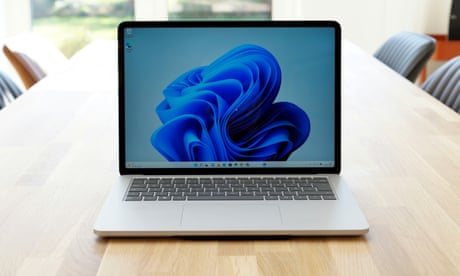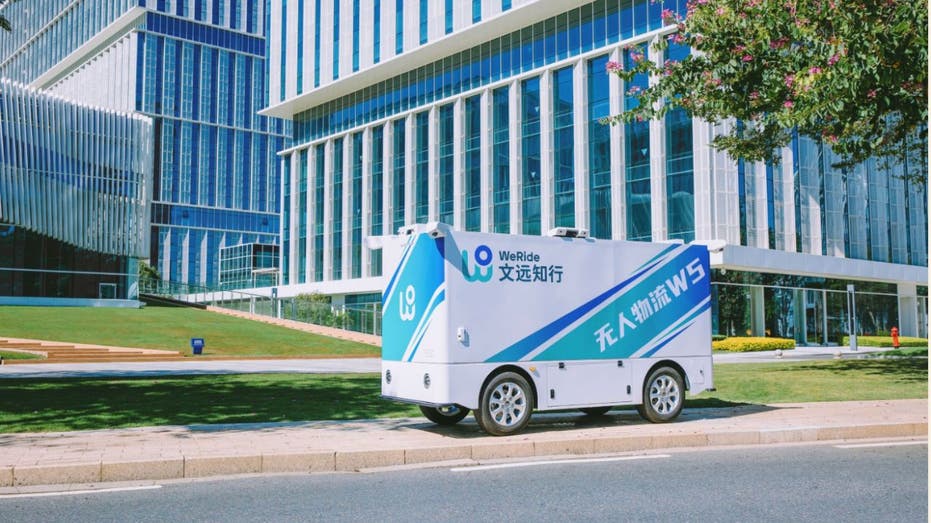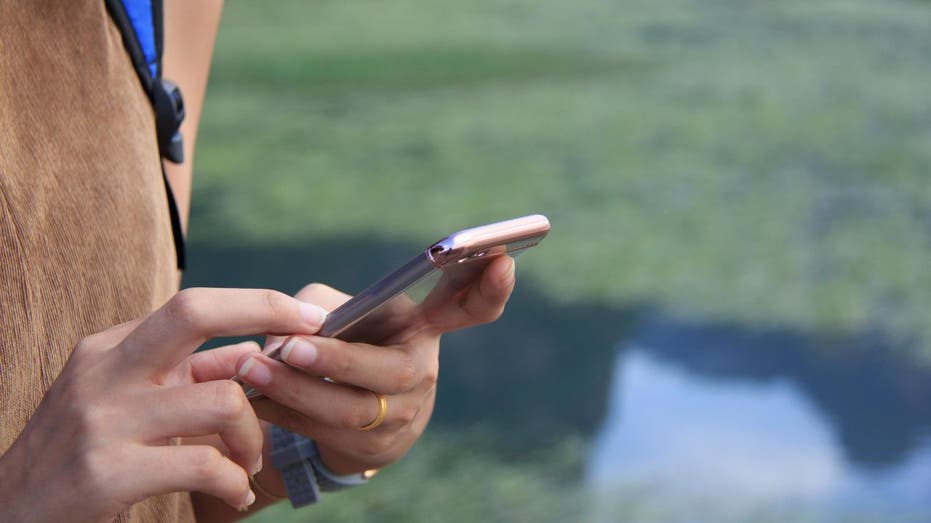- by foxnews
- 10 Mar 2025
Surface Laptop Studio review: Microsoft’s top new quirky portable PC
Surface Laptop Studio review: Microsoft’s top new quirky portable PC
- by theguardian
- 30 Mar 2022
- in technology

The Surface Laptop Studio is Microsoft's creative workstation that replaces the unique outgoing Surface Book line with a slightly more normal laptop-like form but is still very unusual.
The new top of Microsoft's laptop line costs from £1,449 ($1,399.99/A$2,399) and is a chunky machine geared up as a desktop replacement, rather than a thin and light notebook you carry everywhere.
From the top it doesn't look that unusual: a standard laptop made of magnesium and aluminium with a traditional hinge at the back. Open the lid and it has more than a passing resemblance to the Apple's MacBook Pro from the 2010s, with a decent-sized and great-looking 14.4in LCD touchscreen with a slick 120Hz refresh rate.
It has Windows Hello face recognition for logging in, four good speakers, a great keyboard and a new "haptic touchpad" that brings Microsoft's trackpads up to par with the best-in-class models from Apple.
But grab the display at the top and twist it backwards and things get interesting. The screen magnetically unclips at the bottom so you can position it in "stage mode" on magnets hidden just in front of the trackpad or fold it all the way down on to the deck in "studio mode".
Stage mode is designed for watching video while studio mode turns the laptop into a drawing screen with Microsoft's excellent, but optional, Slim Pen 2 stylus similar to its unique Studio desktop computer. It makes editing photos, sketching out ideas and even marking up documents a breeze.
Turn the laptop over to reveal another unusual design: a stepped back fan base that is hidden when on a desk.
The base houses the discrete Nvidia graphics chip and H-series Intel processors, both of which are more powerful and generate more heat than the typical models you find in slimmer machines. The fans weren't needed for general browsing and light work, but kicked in after a minute or so of photo editing being audible but not distracting.
The performance of the Laptop Studio is a mixed bag. As tested with its highest specification, including the Core i7-11370H quad-core processor and Nvidia GeForce RTX 3050 Ti graphics chip, it sails through every day work, complex image-editing and other fairly demanding general tasks, as expected.
While it can handle everything I would want to do, it is limited on raw power compared to workstation competitors of a similar price, which typically have more performant 6 or 8-core processors. For those looking to render or convert lots of video, process large 3D models or compile mountains of code the Surface comes up a bit short. It can't manage AAA games with anything greater than low graphics settings, either.
The Laptop Studio's battery life is surprisingly good, lasting almost nine hours of light work, including lots of browsing, note taking, document and spreadsheet-editing and a short bit of image-editing. That's longer than the 13.5in Surface Laptop 4, but miles behind the 14 hours of the 14in MacBook Pro.
More demanding work, such as advanced photo manipulation in studio mode, reduces the battery life to about three hours, while you could expect more than 10 hours of just watching video.
Microsoft does not provide an expected lifespan for the Studio Laptop's battery. Similar batteries typically last in excess of 500 full charge cycles while maintaining at least 80% of their original capacity. The laptop is generally repairable with an out-of-warranty service fee of £551.46 including the battery.
The SSD storage is modular, but Microsoft states it should only be removed by technicians. The company operates recycling schemes for old machines, publishes a company-wide sustainability report and a breakdown of each product's environmental impact.
The Laptop Studio runs Windows 11, which like other Surface devices is free of trials for anti-virus programs and other unwanted software that can often cause problems, except a pre-installed trial of Microsoft Office.
The new and improved touch keyboard and handwriting recognition make using the machine in studio mode easier. The haptic feedback built into the Slim Pen 2, which makes it vibrate a little as you write on the screen making it feel more like a biro on paper, is fantastic.
The Microsoft Surface Laptop Studio starts at £1,449 ($1,399.99/A$2,399) with an Intel Core i5, 16GB of Ram and 256GB of storage.
Versions with Intel Core i7 processors and Nvidia graphics start at £1,899 ($1,899.99/A$3,149) with 16GB of Ram and 512GB of storage. The Slim Pen 2 costs £119.99 ($129.99/A$189.95).
For comparison, Dell's XPS 15 with Nvidia graphics costs £1,750, the Razer Blade 14 with Nvidia graphics costs £2,200 and Apple's 14in MacBook Pro starts at £1,899.
The Surface Laptop Studio is another unusual and adaptable Windows 11 laptop from Microsoft. It may not look quite as novel as the Surface Book it replaces, but it offers almost all of the same functionality in a less complicated form.
As an expensive standard laptop, it is a bit chunky but great to use on a desk. Fast, generally quiet in operation, with a great screen, keyboard and the best trackpad you can get on Windows. But unclip the screen and it transforms into a brilliant drawing tablet quite unlike any competitor, particularly when used with the excellent Slim Pen 2 stylus, which absolutely should be included in the box not sold as a £120 accessory.
However, those looking for a really powerful portable workstation may find its performance lacking in some areas compared to better-specced, but less adaptable rivals at this price. That leaves the Laptop Studio in an awkward middle ground: too expensive to be a standard laptop and with not enough power to be a developer or render's best friend.
If you need a laptop that transforms into a drawing tablet and can pull double-duty as a desktop replacement, the Surface Laptop Studio is the quirky Windows 11 machine for you.
- by foxnews
- descember 09, 2016
Ancient structure used for cult 'rituals' discovered by archaeologists
A Neolithic Timber Circle was discovered by archeologists in Denmark resembling the historical landmark Stonehenge in the U.K. It is open to be viewed by the public.
read more





